Calypso
Calypso, a unique genre of music that originated in Trinidad and Tobago, can be traced to the traditions of West Africa in terms of music, structure and function. These traditions were brought by enslaved African peoples who were forcibly taken to work in the region’s sugar plantations.
The roots of Calypso are diverse. Some argue it came from “kaiso”, a Hausa word for “bravo”; others say from the French “carrousseaux”, a drinking party; the Spanish “calliso”, a tropical song or the Carib “carieto”, meaning the same thing.
Whatever its roots, calypso music is characterised by pulsating rhythms, socially conscious lyrics and harmonic vocals.
Over the years, a broad range of voices and musical experimentation ushered in various developments in the traditions, forms and structure of the music. The modern innovators included Lord Shorty who added Indian rhythms and instruments creating soca music, which itself has been combined with poetry to create a hybrid, rapso. Other recent versions of soca include chutney soca and ringbang.
Today Calypso in all its hybrids and forms has been gaining increased exposure on the international music scene, with calypso-inspired renditions by artistes such as Rihanna.
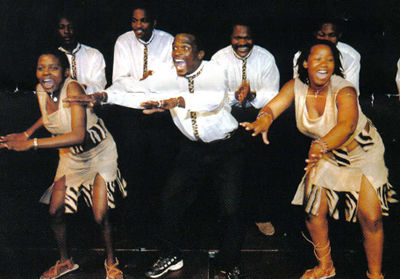
Alberth Nyathi
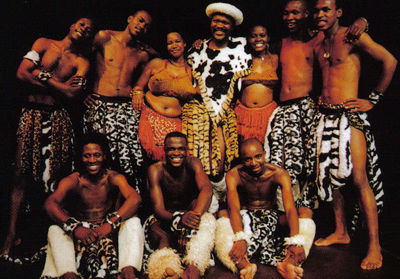
Alberth Nyathi
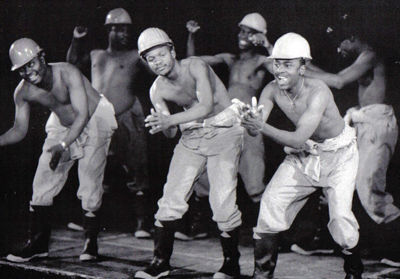
Black Umfolosi

Boys Choir

Boys Choir 2
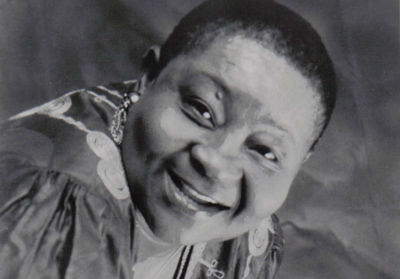
Calypso Rose
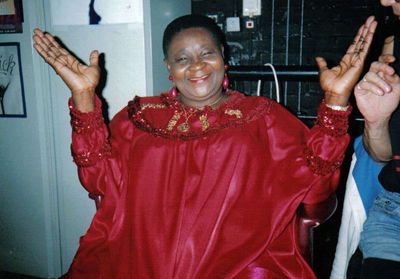
Calypso Rose
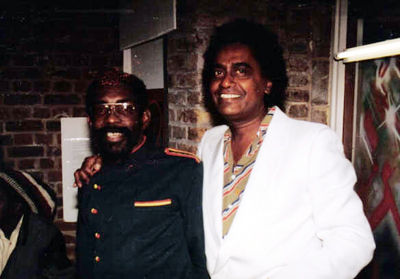
Chalkdust &
Sonny Blacks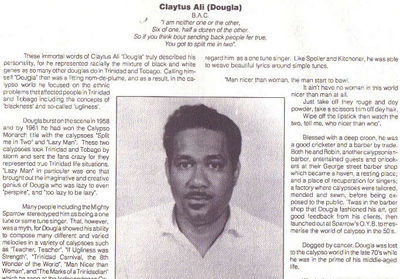
Claytus Ali
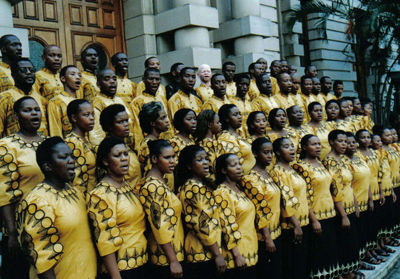
Durban Serenade
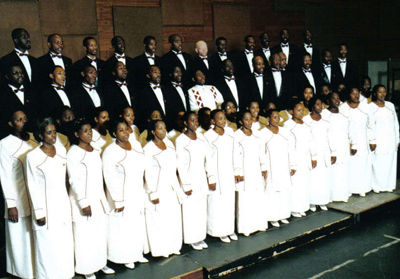
Durban Serenade
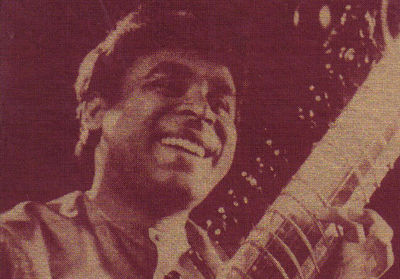
Gaurav Mazumdar
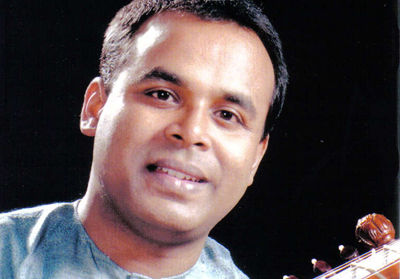
Gaurav Mazumdar
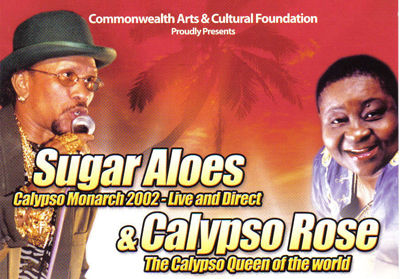
Gypsy & Rose
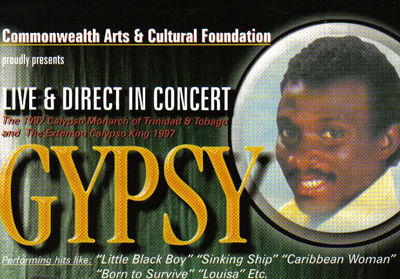
Gypsy
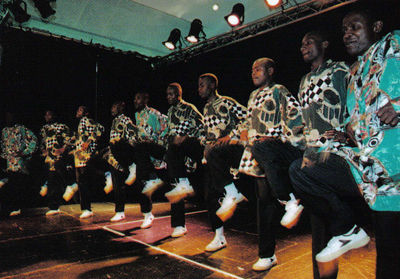
Imbizo

Imbizo
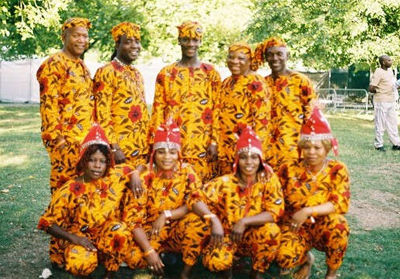
Kaago
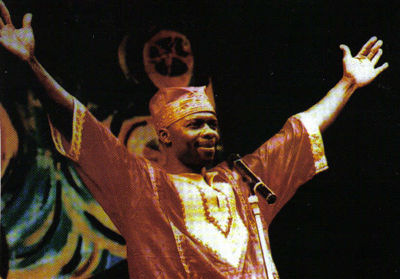
King Masco
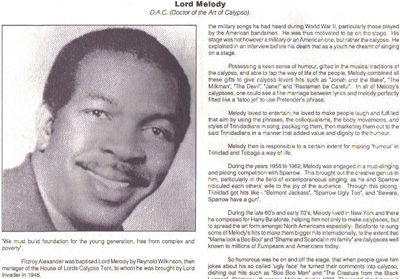
Lord Melody
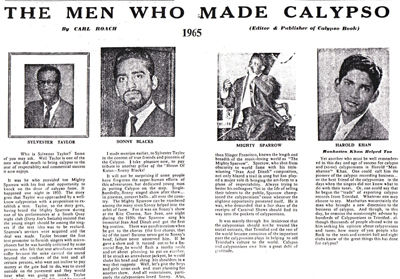
Who Made
Calypso
Mighty Duke
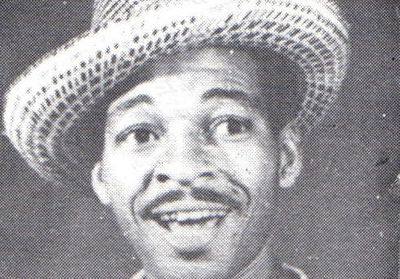
Mighty Spoiler
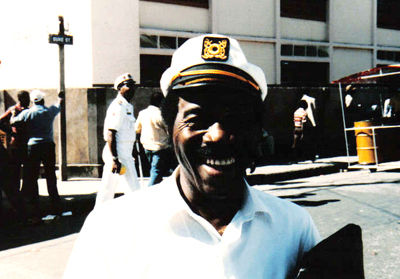
Neville Jules
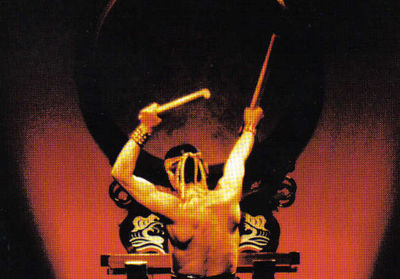
O Edo Sukeroku
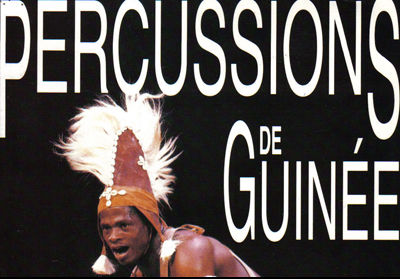
Percussions De
Guinee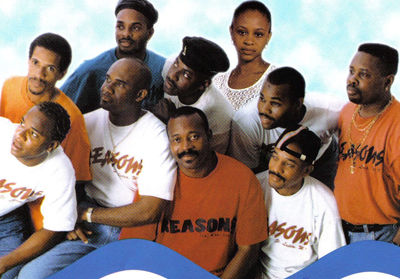
Reasons
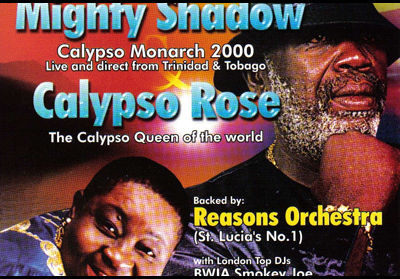
Shadow & Rose
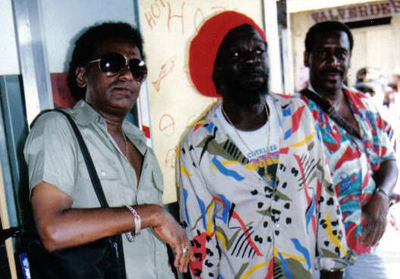
Sonny Blacks &
Black Stalin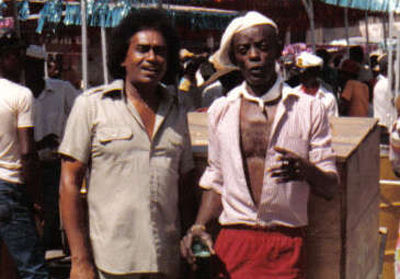
Sonny Blacks &
Rudolph 'Fisheye'